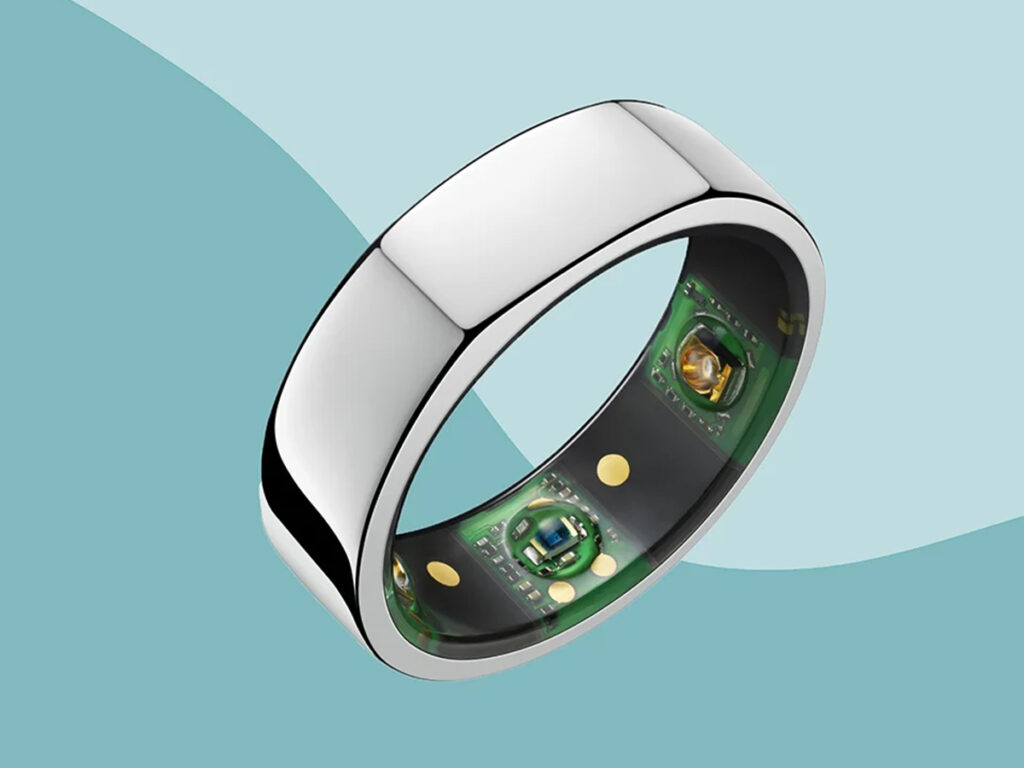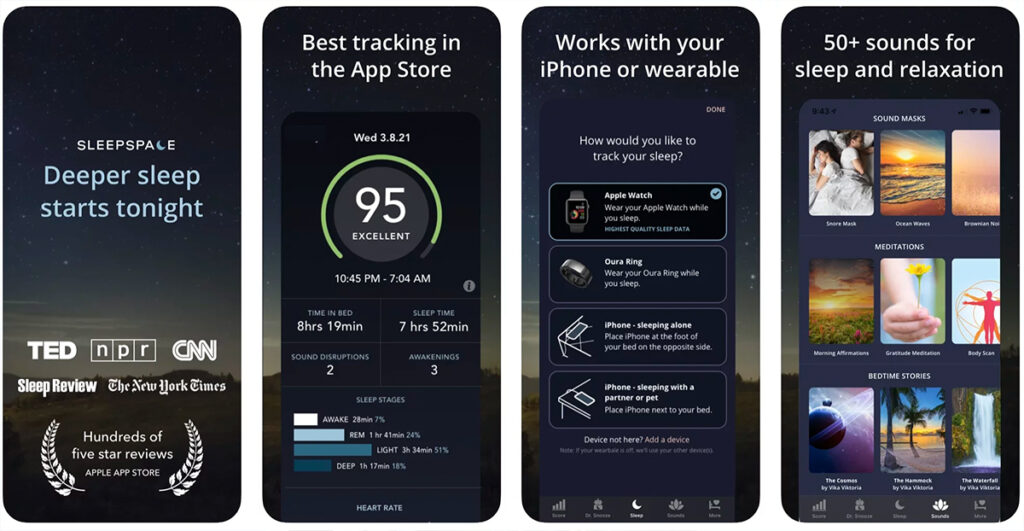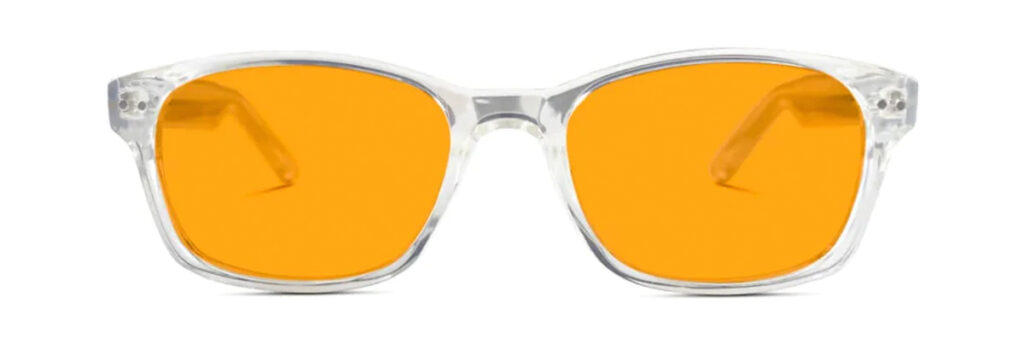Forget counting sheep – AI is revolutionizing sleep! Dive into the latest tech using movement, coaching, and temperature to unlock your best night’s rest.
Technology, AI and… sleep? While traditionally we have pitted these two on opposite sides, emerging developments and innovative entrepreneurs are making us think twice. From AI equipped mattresses that regulate your body temperature and enhance sleep in real time based on your nightly sleep patterns, to simple but effective apps to encourage accountability around your sleep, no longer are sleep and technology foes. As Australia’s leading sleep expert, it is a pleasure to bring you the latest and greatest of sleep technology, and specifically how you can harness it to get your best night’s sleep.
Sleeping better with AI using… movement
For over a decade now, wearable devices have been offering us insights on our sleep patterns using biofeedback, which is becoming more refined and more accurate as the technology advances – the latest version of the Oura ring now has 79% consistency with PSG sleep lab tests, highlighting it’s capacity to accurately measure sleep.

You may be wondering though: how does it actually track your sleep? First, using an accelerometer sensor, our gadgets can detect bodily movement, which then informs us of what stage of sleep we are in. With light sleep signified by jerking muscles, a slowing heart rate and drop in core body temperature; deep sleep noted by few bodily movements, a stable heart rate and a high skin temperature, and REM sleep profiled by an increasing heart rate, increasing respiratory rate and complete absence of movement; it is easy to identify which stage of sleep we are in if we can detect the degree of movement in the body, alongside heart rate and respiration – standard for almost all wearables. Further, this also means our devices can detect how long we are awake through the night, rather than asleep. Lastly, most wearables also include an in built microphone, picking up on snoring and sleep apnea tendencies too.
In transparency though – while data is a good start, it’s just that: a start. Change in your sleep patterns, and your best nights sleep, will come through adapting your sleep habits, hygiene and behaviour according to your biofeedback. That’s why I love the newer innovations profiled below.
Sleeping better with AI using… coaching
The final major development in the AI x sleep arena has been the emergence of online coaching apps, such as SleepSpace. Typically using data from our wearables, they guide us to getting our best nights sleep, based on what we are actually doing through the night. Not spending enough time in REM sleep? Try drinking less alcohol, and reducing stress levels – both factors will impair REM. Taking forever to fall asleep? Consider blocking out blue light before bed, the primary suppressor to melatonin, or manually facilitating the necessary drop in core body temperature before bed – both will help you fall asleep with greater ease. SleepSpace specifically also allows users to input subjective sleep data too, and an opportunity for personalised sleep coaching too – based on your data.

Are AI sleep devices worth it?
I’ll be honest: while these AI sleep strategies are innovative, insightful and likely to help you sleep better; they may not help you as much as you think. Ultimately, the primary factor to control the circadian rhythm, and melatonin, is light. As such, the best, most effective and most efficient way to see improvements in your sleep is to control light. Block it out in the evening for 2 hours before bed using 100% blue light blocking glasses, using red night lights and reducing screen time as much as possible. In the morning, expose yourself to sunlight as early as possible, and bask outside for at least 10 minutes. Do these two simple, straightforward and science based strategies and you are leaps and bounds ahead – perhaps even more so than if you had AI at your disposal. But of course, for best results, do everything – because let’s face it, we don’t just want a good night’s sleep, we want our best nights sleep – one that is deep, restful and rejuvenating, and that makes us feel our absolute best upon waking – right? Right.

By Olivia Arezzolo
Images: Supplied







